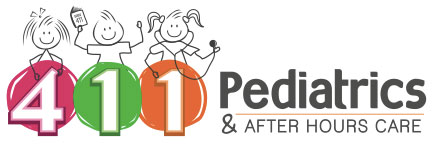Kids and Snoring
According to the National Sleep Foundation, about20% of kids occasionally snore. Seven percent to 10% of children snore every night. Snoring doesn’t always reflect a problem, but about 2% of children suffer from severe snoring. Their snoring is a sign of a sleep or breathing problem. In these cases, snoring can be dangerous, so it’s important to be aware of your child’s sleep and snoring patterns.
How do I know if it’s serious?
Snoring can range from simple to severe. Simple, primary snoring is “normal” and for the most part, ok. Severe snoring may be related to something called obstructive sleep apnea (OSA) and can have serious side effects. Children with OSA may have a hard time sleeping at night and this can unfortunately lead to problems with how your child acts during the day. It occurs when a child struggles to breathe while snoring. A child who has sleep apnea may snort or gasp while snoring. He or she may pause in breathing, which is caused when the throat narrows or even closes during sleep.
I interviewed my husband not too long ago for a TV segment called Growing Up Texas about this very topic. He’s an ear, nose and throat specialist and provided important information for parents about kids and snoring. You can watch the interview here.
Below are some signs and symptoms of sleep apnea that he discussed in his interview as well:
- Sleeps in an unusual position, with head off the bed or propped up with many pillows
- Snores loudly and often
- Stops breathing for very short periods during the night
- Snorts, gasps or completely wakes up after a pause in breathing
- Sweats heavily during sleep
- Has behavior problems at school, day care or at home
- Is difficult to wake up even after a long night of sleep
- Has headaches during the day, especially in the morning
- Is often grumpy, aggressive or simply “cranky”
- Falls asleep or daydreams in school or at home
- Has attention-deficit/hyperactivity disorder (ADHD)
- Has not outgrown bedwetting (enuresis) at the typical age (especially if snoring is present)
If you’re concerned about your child’s snoring, talk to your pediatrician who can put you in touch with a sleep specialist.


